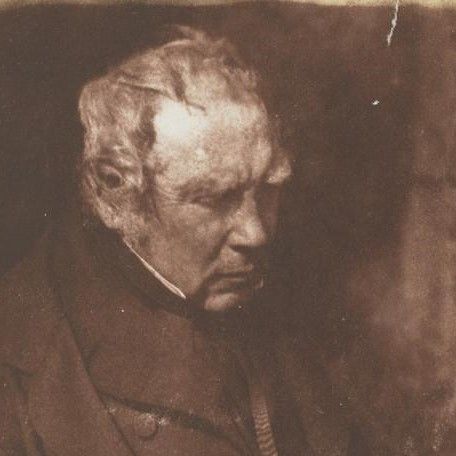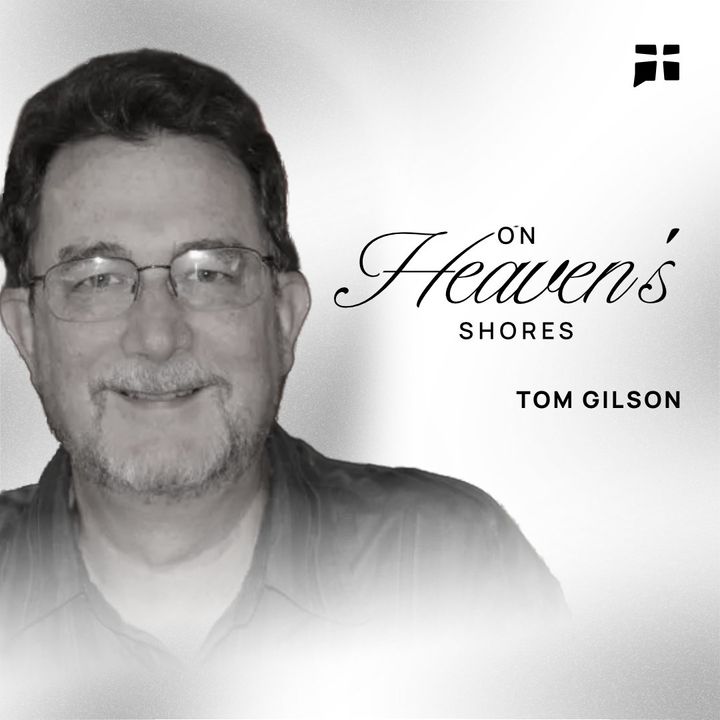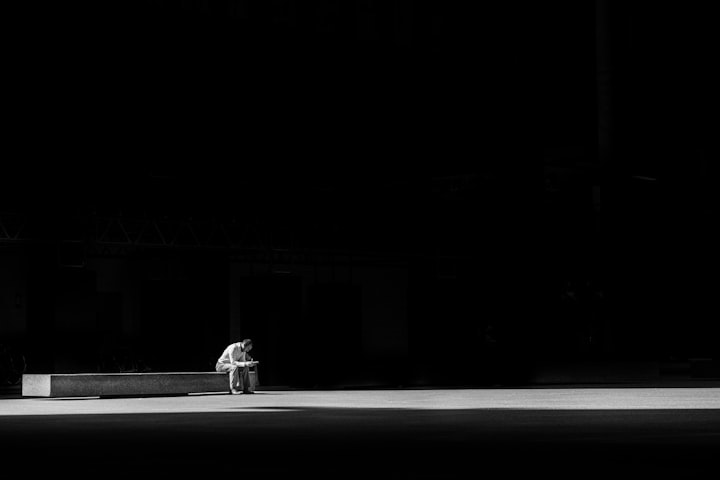Of such magnitude was the impact of Monroe’s reforms that historians now identify Kerala’s history as pre-Monroe and post-Monroe. John Monroe is just one example. But he showed us what it means to be a citizen of the City of God and an exile in the City of Man.
Far too often we relegate our Christian identity by compartmentalising it. We believe that we are to live out our Christian convictions solely in the church or within domains of similar spiritual engagements. However, Scripture calls us to de-compartmentalise such an outlook. As Jordan Peterson remarked recently, a thin veil separates earth and heaven. This doesn’t mean that we must substitute earth for our celestial city - such an erroneous attempt at substitution is at the heart of many world religions that profess the removal of a ‘city to look forward to’. Rather it reminds us that we are God’s ambassadors, originally designed to carry out His will on earth as it is in heaven. Peterson’s remark reveals an intersectional understanding of our call and purpose that is central to the Bible. We see this intersectional understanding reflected in Augustine's magnum opus, rightly noting that we are citizens ‘of’ the City of God living ‘in’ the City of Man.
Christ asks us to be the salt and light of the world. We express our saltiness and brightness when we proclaim the Gospel. But we are to also show the world that we do not belong to the City of Man, but to the City of God, by our lives (John 13:35). There is a theme of permeation present here. Salt and light permeate to impact all that it interacts with. This theme is carried forward when Jesus likened the kingdom of God with yeast. Interestingly, Jesus doesn’t qualify this principle of permeation by demarcating lines where we shall impact no further. It follows then that we are to be God’s witness in every domain possible. We are to illuminate and make tasteful this world marred by sin. We are to do so while remaining “unstained from the world” (James 1:27).
This intersectional understanding is reflected in the lives of Joseph, Esther and Daniel. God asked the exiled Israelites to “seek the welfare of the city . . . and pray to the Lord on its behalf” (Jeremiah. 29:7). While the former trio was placed by God in places of great power over evil nations, the latter was placed within an evil nation. Yet, they were not to alienate themselves from striving to be the force for good in those nations. In asking the exiles to seek the welfare of an evil nation, God seems to call to remembrance that He hasn’t relinquished His place as the Sovereign Lord of creation - the earth and everything in it is still the Lord’s (Psalms 24:1). When we step into every domain on earth and use our influence to seek the welfare of the City of Man, we proclaim the subordination of the purpose of this city to the directives of the City of God.
Consider General John Monroe, Resident of the Travancore and Cochin kingdoms from 1810-1819. His integrity won over the royalty who freely entrusted to him the administration of their kingdoms. Queens Lakshmi and Parvati considered him as a brother. He utilised his influence to abolish slavery in Kerala in 1812 and unleashed waves of legal reforms, including the induction of Christian judges to the judiciary. He hoped that Christian judges of integrity would curb corruption and hasten the provision of justice to the downtrodden. Of such magnitude was the impact of Monroe’s reforms that historians now identify Kerala’s history as pre-Monroe and post-Monroe. John Monroe is just one example. But he showed us what it means to be a citizen of the City of God and an exile in the City of Man.
Endnotes:
- For more information on Colonel John Monroe and his revolutionary impact on Kerala's society, read Dr. Samuel Nellimukal's "Keralathile Samoohya Parivarthanam"






Comments ()